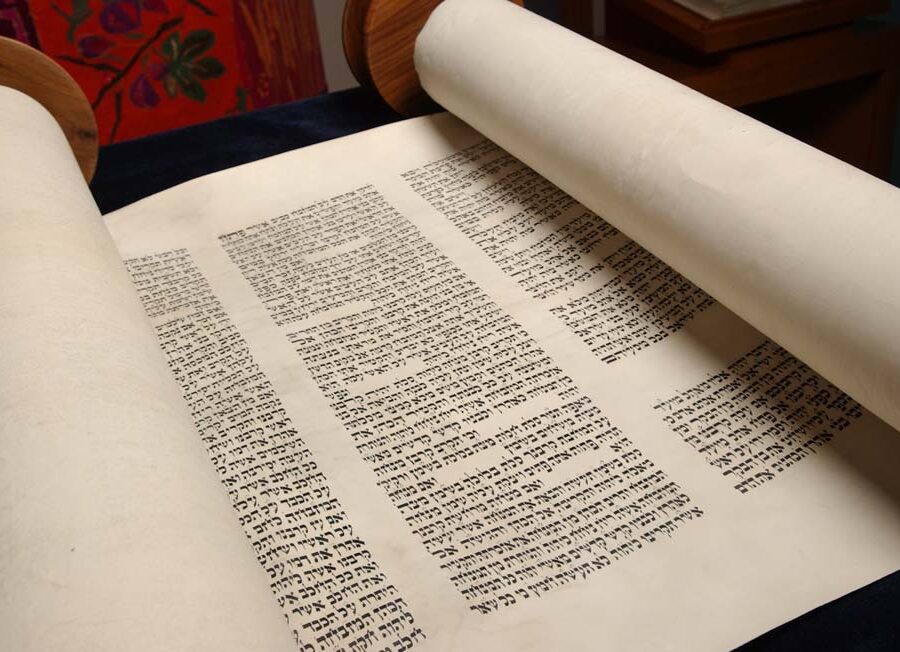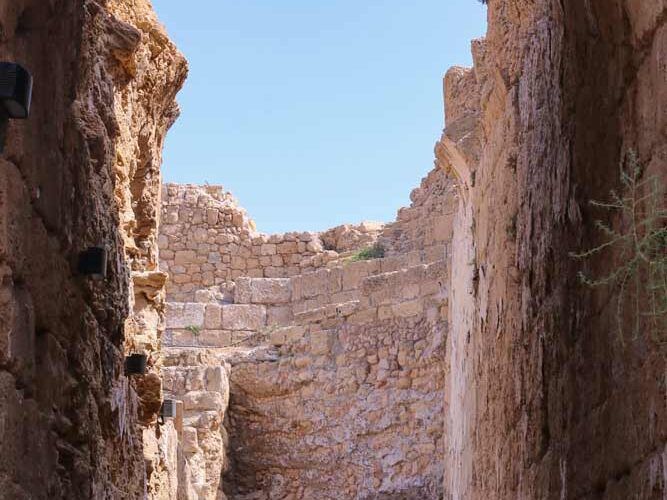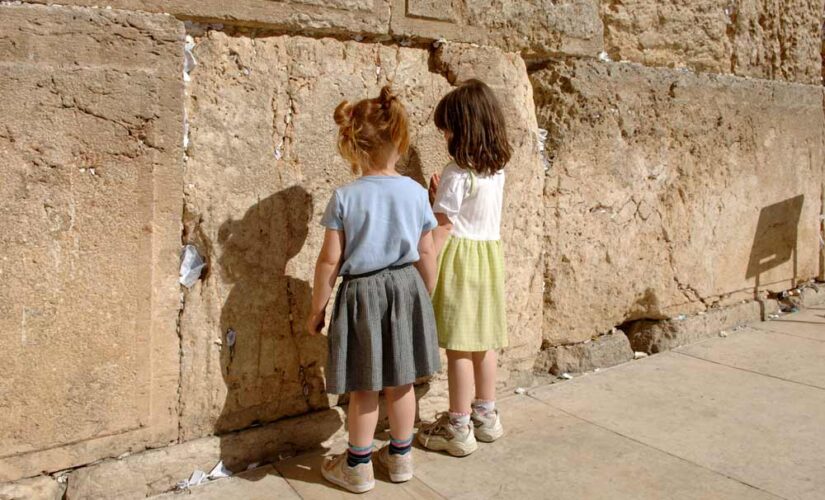#13 Live in a country where the official language is the language of the Torah

Hebrew is one of the spoken languages of the Israelites and their longest-surviving descendants, the Jews and Samaritans. It was largely preserved throughout history as the main liturgical language of Judaism (since the Second Temple period) and Samaritanism. Hebrew is the only Canaanite language still spoken today, and serves as the only truly successful example of a dead language that has been revived. It is also one of only two Northwest Semitic languages still in use, with the other being Aramaic.
Hebrew ceased to be a regular spoken language sometime between 200 and 400 CE, declining in the aftermath of the unsuccessful Bar Kokhba revolt that was carried out against the Roman Empire by the Jews of Judaea. Aramaic and, to a lesser extent, Greek were already in use as international languages, especially among societal elites and immigrants. Hebrew survived into the medieval period as the language of Jewish liturgy, rabbinic literature, intra-Jewish commerce and Jewish poetic literature.
Hebrew is the official language of the State of Israel, while pre-revival forms of Hebrew are used for prayer or study in Jewish and Samaritan communities around the world today.
The vocabulary of Israeli Hebrew is much larger than that of earlier periods. According to Ghil’ad Zuckermann:
The number of attested Biblical Hebrew words is 8198, of which some 2000 are hapax legomena (the number of Biblical Hebrew roots, on which many of these words are based, is 2099). The number of attested Rabbinic Hebrew words is less than 20,000, of which,
(i) 7879 are Rabbinic par excellence, i.e. they did not appear in the Old Testament (the number of new Rabbinic Hebrew roots is 805)
(ii) around 6000 are a subset of Biblical Hebrew
(iii) several thousand are Aramaic words which can have a Hebrew form. Medieval Hebrew added 6421 words to (Modern) Hebrew.
The approximate number of new lexical items in Israeli is 17,000 (cf. 14,762 in Even-Shoshan 1970 […]). With the inclusion of foreign and technical terms […], the total number of Israeli words, including words of biblical, rabbinic and medieval descent, is more than 60,000.



